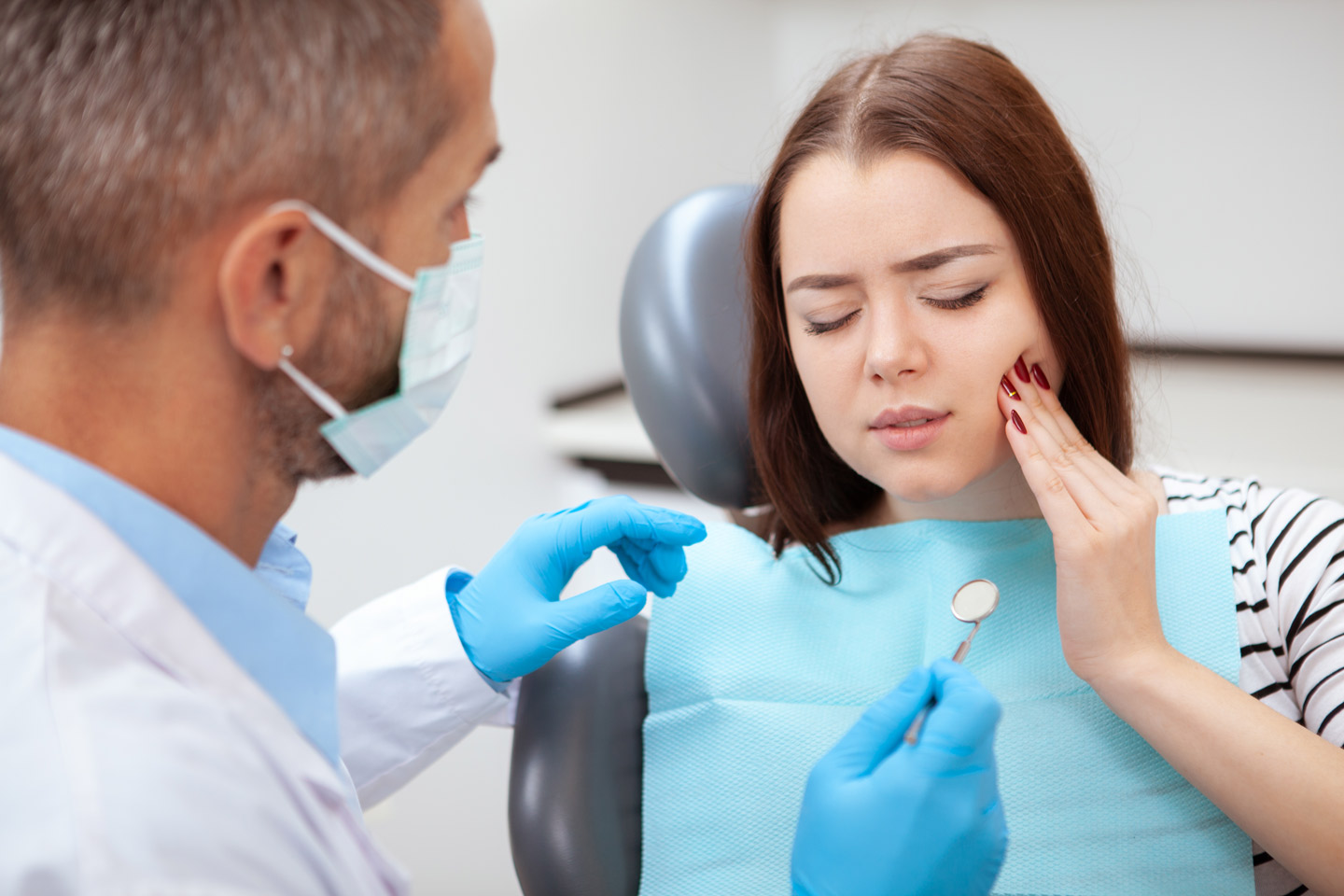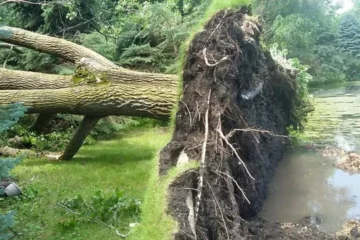Dental emergencies can happen suddenly and cause pain, discomfort, or even lasting damage if not treated promptly. Knowing what qualifies as a dental emergency helps you act quickly and get the care you need before the problem worsens.
Understanding Dental Emergencies
A dental emergency is any issue involving your teeth, gums, or mouth that requires immediate attention to stop bleeding, relieve severe pain, or save a tooth. Not every dental problem is an emergency—some can wait for a scheduled appointment. However, when pain is intense or there’s visible damage, seeking urgent dental care is essential to avoid complications.
Common Types of Dental Emergencies
Some of the most common dental emergencies include:
- Severe toothache: Persistent or sharp pain that doesn’t subside with pain relief could indicate infection or decay.
- Knocked-out tooth: If a tooth is dislodged, getting to a dentist within an hour greatly improves the chance of saving it.
- Broken or chipped tooth: Fractures can expose the nerve and lead to sensitivity or infection.
- Bleeding gums or soft tissue injuries: Uncontrolled bleeding in the mouth needs prompt professional attention.
- Lost fillings or crowns: Exposed tooth structures can cause discomfort and further damage if not restored quickly.
- Swelling or abscess: Facial or jaw swelling may signal a serious infection that can spread rapidly.
Signs You Need Immediate Dental Care
If you’re unsure whether your situation is urgent, it’s best to err on the side of caution. You should seek help from an emergency dentist Hornsby if you experience:
- Persistent or severe tooth pain
- A tooth that has been knocked loose or out completely
- Significant swelling in your gums, cheek, or jaw
- Bleeding that doesn’t stop after applying pressure
- Signs of infection such as fever, pus, or a foul taste in the mouth
These symptoms often indicate a serious condition that needs prompt treatment to prevent permanent damage or spreading infection.
What to Do Before Seeing an Emergency Dentist
Knowing how to handle a dental emergency can make a big difference. If a tooth is knocked out, gently rinse it and try placing it back into its socket, or store it in milk while you head to the dentist. Use a cold compress to reduce swelling and take over-the-counter pain medication if necessary. Avoid applying aspirin directly to the gums, as it can cause burns. If you experience heavy bleeding, head to the nearest hospital emergency department.
How Emergency Dentists in Hornsby Can Help
Emergency dentists can quickly diagnose and treat urgent dental problems, providing relief and preventing further damage. Services may include pain management, tooth restoration, infection control, and follow-up care to ensure long-term recovery. Many clinics in Hornsby offer same-day or after-hours appointments, ensuring patients get prompt care when they need it most.
Preventing Future Dental Emergencies
While some emergencies are unavoidable, many can be prevented with good dental habits. Regular check-ups allow your dentist to identify potential issues early. Wearing a mouthguard during sports, avoiding hard foods, and refraining from using your teeth as tools can all reduce your risk. Maintaining daily oral hygiene also helps prevent infections and decay that can lead to emergencies.
Takeaways
If you’re ever unsure whether your dental issue requires urgent attention, it’s always safer to contact a professional. Prompt action can prevent unnecessary pain, complications, and costly treatments later on. For residents in Hornsby and nearby areas, immediate dental care is just a phone call away.



